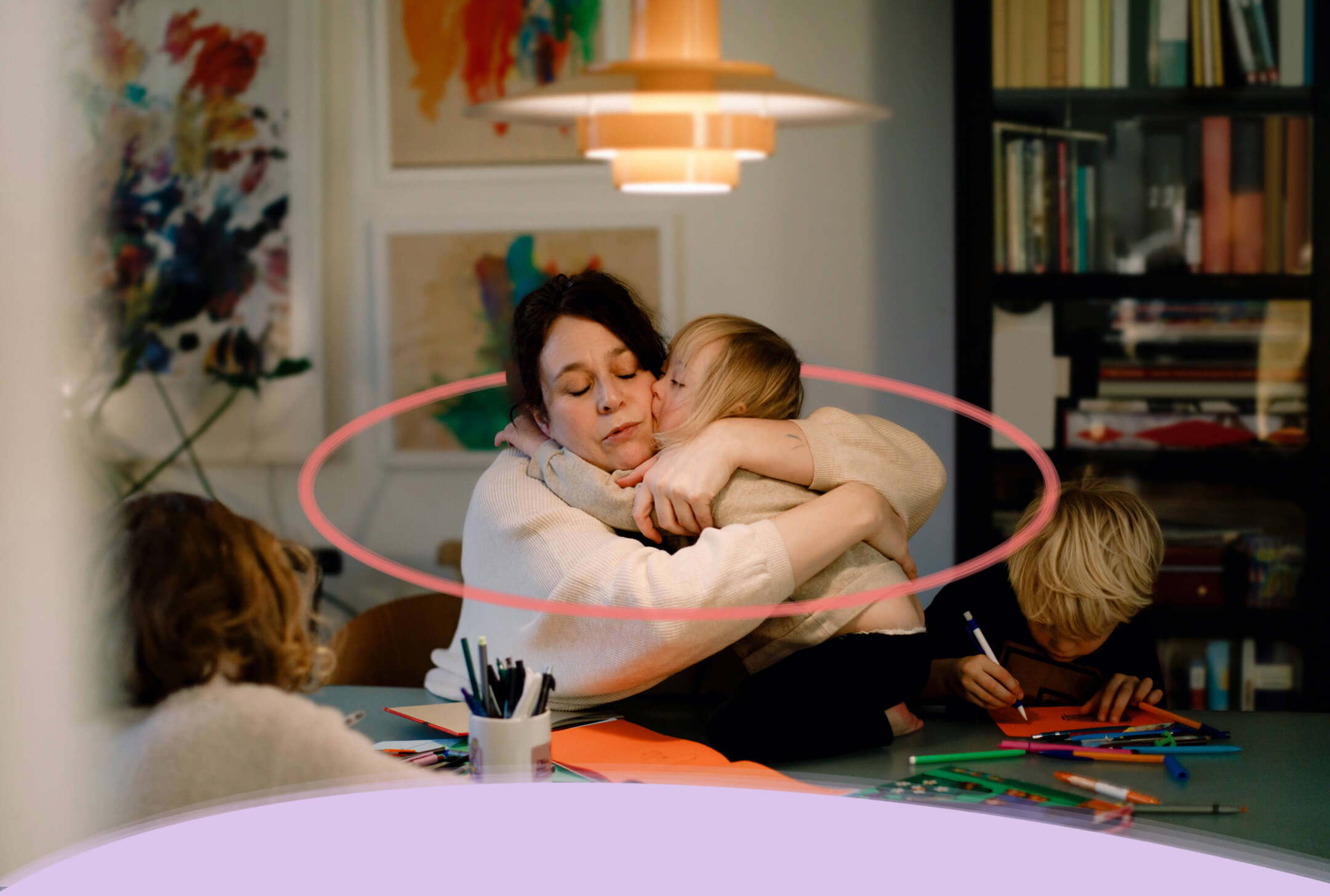Improving our care system
Discussions of increased federal and state funding for at-home care, community-based services, and support for the HCBS workforce have increased over the past few years.
MLTSS is a part of the solution in improving access to HCBS, bolstering our care infrastructure, and lessening the burden on individuals and their families.
What are the benefits of managed care?

HCBS
MLTSS programs provide extensive care coordination, which facilitates successful transitions out of institutions and ensures that beneficiaries maintain the right level of care.

Quality of life
Unlike with FFS, quality of life metrics are built in to all MLTSS plans, and the data shows that beneficiaries regularly report higher quality of life after enrolling in MLTSS.

Member satisfaction
MLTSS plans inherently offer a person-centered approach that considers a beneficiary’s entire health picture, including quality of life and personal goals.

Holistic & coordinated care
Unlike FFS, managed care is always based on a holistic view of a beneficiary’s needs and is centered on ensuring every beneficiary receives the care they need when they need it.

Data & oversight
Unlike FFS, MLTSS plans are held to higher standards at both the federal and state level and work closely with their Medicaid partners to achieve quality health outcomes for those they serve.

Innovation & advocacy
MLTSS plans are able to offer innovative services to their beneficiaries and adapt care plans to changing circumstances more quickly than FFS.
How does MLTSS deliver for beneficiaries?
77%
of beneficiaries in Florida who responded to a state survey reported an improved quality of life since joining an MLTSS plan.
– ADvancing States, 2021
80%
of MLTSS beneficiaries across 9 states were able to receive services in the community instead of institutions.
87%
of beneficiaries in New York State MLTSS plans rated their plans as good or excellent and a similar percentage rated the quality of their providers as good or excellent.
27%
of enrollees in California reported an increase in their overall quality of life between January 2016 and January 2017.

State Successes: Pennsylvania Community Health Choices
In 2018, Pennsylvania rolled out regionally Community Health Choices (CHC), a mandatory Medicaid managed care program for people who qualify for both Medicare and Medicaid and individuals with physical disabilities. CHC uses health plans to coordinate physical health care and LTSS.
Since 2018, the Consumer Assessment of Healthcare Providers and Systems (CAHPS) survey has reported that enrollees in Pennsylvania have rated their overall health plan experience at 82% or above.
“There have been times when I’ve needed certain medical equipment or different supplies covered; [my service coordinator] was able to be that middle person for me so we could push it through and get it approved. She not only cares about you as a person, but is dedicated to doing whatever it is to help you along your path.”
— Camille Atkins Maya, UnitedHealthcare Community Plan of Texas MLTSS beneficiary

TennCare CHOICES
Tennessee’s Medicaid program, TennCare, integrated LTSS into its managed care program in 2010 under a 2009 CMS waiver approving the TennCare CHOICES program.
As of 2021, 53.4% of MLTSS members received facility-based services and 46.7% in HCBS services. That is a dramatic decrease from 2009 before the CHOICES program started where 84% were in facility services and 16% in HCBS services.
TennCare also provides training, resources, and a credentialing registry to its local workforce of nursing facility and at-home caregivers.
“I first spoke with Loretta [care coordinator] from Superior, when I needed a wheelchair for [my son] Mitchell … I am thankful for Loretta, the STAR Health program, and Superior for giving him this opportunity. He gets to do his Special Olympics, he does track, and gets to zoom around.”
— Lea Preston, Mother of Superior HealthPlan MLTSS beneficiary
